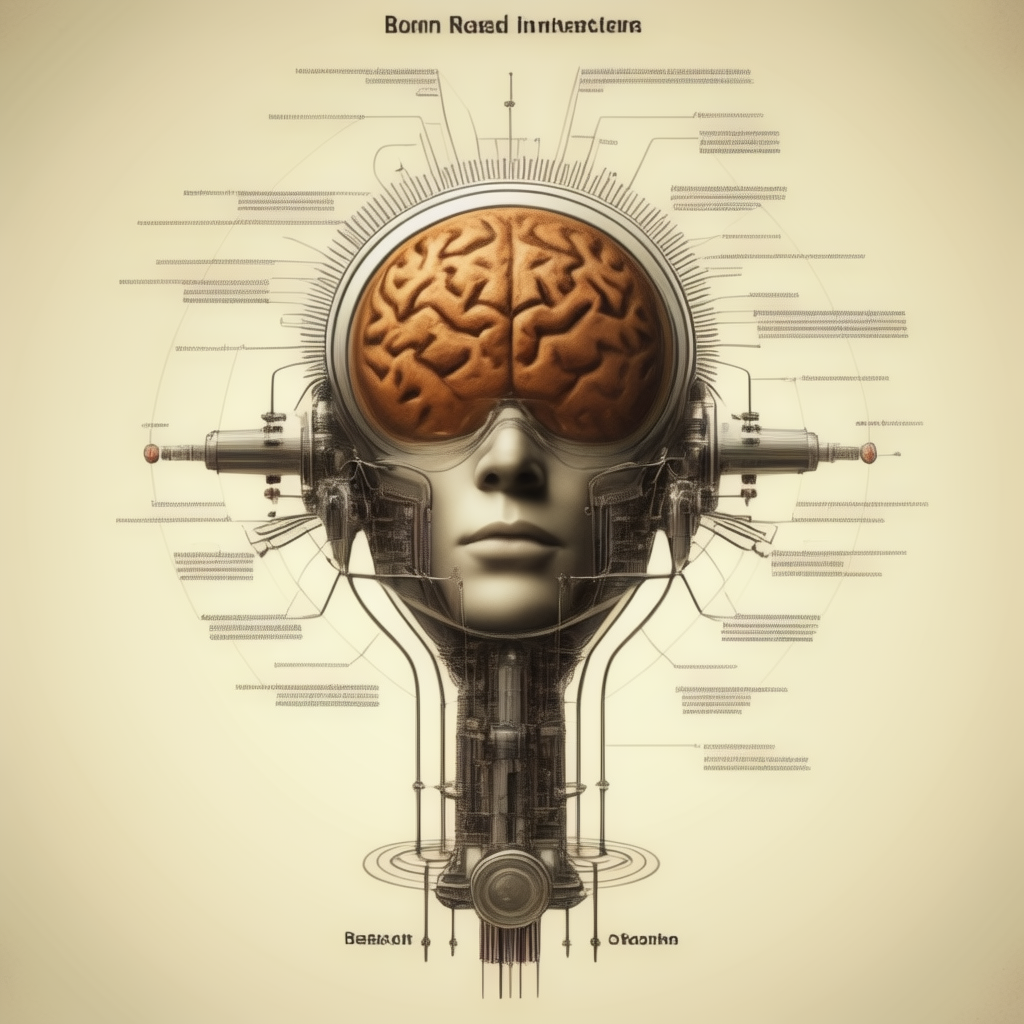- Cognitive Dissonance:
- Definition: This occurs when there is a conflict between one’s beliefs and behaviors. When new insights conflict with established habits, discomfort arises, leading people to revert to their old ways to reduce this discomfort.
- Example: Understanding the importance of exercise but struggling to adopt it due to a previously sedentary lifestyle.
- Habitual Patterns:
- Definition: Habits are ingrained behaviors formed through repetition. Breaking them requires significant effort and time.
- Example: Continuing to eat unhealthy food despite knowing its negative impact because it’s a long-established habit.
- Lack of Immediate Rewards:
- Definition: Human behavior is often driven by immediate gratification. Insights and knowledge often promise long-term benefits, which can be less motivating in the short term.
- Example: Choosing to watch TV instead of reading a beneficial book because TV provides immediate entertainment.
- Environmental Triggers:
- Definition: The environment can strongly influence behavior. If surroundings don’t support new habits, it’s easy to revert to old ones.
- Example: Trying to quit smoking while being around friends who smoke.
- Insufficient Motivation:
- Definition: Without strong, personal reasons to change, motivation can wane over time.
- Example: Knowing the benefits of meditation but not having a compelling personal reason to practice it regularly.
- Fear of Change:
- Definition: Change can be intimidating and uncomfortable, leading to resistance even when the change is beneficial.
- Example: Sticking with a familiar job even after learning about a better opportunity due to fear of the unknown.
Permanent Solutions and Strategies
- Set Clear Goals and Intentions:
- Strategy: Define specific, measurable, achievable, relevant, and time-bound (SMART) goals. Clear goals help focus efforts and provide direction.
- Implementation: Write down your goals and review them regularly to stay committed.
- Create an Action Plan:
- Strategy: Break down goals into smaller, manageable steps and create a timeline for these actions.
- Implementation: Use tools like planners or project management apps to track progress.
- Build a Support System:
- Strategy: Surround yourself with supportive people who encourage and hold you accountable.
- Implementation: Join groups or communities with similar goals, seek out a mentor, or share your goals with friends and family.
- Modify Your Environment:
- Strategy: Arrange your surroundings to support new habits and minimize exposure to triggers of old habits.
- Implementation: For example, if you want to eat healthier, stock your kitchen with nutritious foods and remove junk food.
- Practice Mindfulness and Self-Awareness:
- Strategy: Increase self-awareness to recognize when you’re slipping back into old patterns.
- Implementation: Regular mindfulness practices like meditation can help maintain awareness and focus.
- Use Positive Reinforcement:
- Strategy: Reward yourself for making progress to reinforce positive behavior.
- Implementation: Set up a reward system where you treat yourself for achieving milestones.
- Develop Resilience and Patience:
- Strategy: Accept that change is a process and setbacks are part of it. Stay resilient and patient.
- Implementation: Keep a journal to reflect on progress and setbacks, learning from each experience.
- Continuous Learning and Reflection:
- Strategy: Regularly revisit and reflect on the insights and knowledge you’ve gained to keep them fresh in your mind.
- Implementation: Schedule regular review sessions for your notes or readings and reflect on their application in your life.
- Behavioral Techniques:
- Strategy: Use techniques like habit stacking (adding a new habit to an existing one) and implementation intentions (planning specific actions in response to certain cues).
- Implementation: For instance, if you want to drink more water, link it to an existing habit like having a coffee break.
- Seek Professional Help if Needed:
- Strategy: Sometimes professional guidance can help overcome deeply ingrained patterns.
- Implementation: Consider seeing a therapist, coach, or counselor who can provide personalized strategies and support.
- Additional Strategies and Solutions:
1. Incorporate Visualization Techniques
Visualization Techniques:
- Concept: Visualizing success and the steps needed to achieve it can create a mental blueprint, making it easier to follow through.
- Implementation: Spend a few minutes each day visualizing the completion of your goals and the benefits it brings. This mental rehearsal can build confidence and reinforce commitment to new behaviors.
2. Engage in Reflective Writing
Reflective Writing:
- Concept: Writing about your experiences, thoughts, and feelings regarding new insights can deepen understanding and reinforce intentions.
- Implementation: Maintain a journal where you regularly reflect on how you’re applying new knowledge, noting challenges and triumphs. This practice can provide clarity and keep you focused.
Develop a Routine
Routine Development:
- Concept: Establishing a consistent routine can help integrate new habits into daily life by making them part of an automatic sequence.
- Implementation: Design a daily schedule that includes specific times for new activities. Consistency in timing can lead to the formation of strong habits.
Leverage Technology
Utilizing Technology:
- Concept: Various apps and tools can support habit formation and keep you on track.
- Implementation: Use apps like Habitica or StickK to set reminders, track progress, and provide accountability. These tools can gamify the process, making it more engaging.
Create Behavioral Contracts
Behavioral Contracts:
- Concept: Formalizing commitments through contracts can increase accountability and motivation.
- Implementation: Write a contract with yourself detailing specific behaviors, timelines, and rewards or penalties. Share this contract with a trusted person who can help hold you accountable.
Use Anchoring Techniques
Anchoring Techniques:
- Concept: Anchoring involves linking new behaviors to existing strong habits to facilitate easier adoption.
- Implementation: Identify a well-established habit, like brushing your teeth, and pair it with the new behavior. This association can help make the new habit more automatic.
. Engage in Self-Compassion Practices
Self-Compassion:
- Concept: Being kind to yourself in the face of setbacks can reduce negative self-talk and enhance resilience.
- Implementation: Practice self-compassion techniques, such as affirmations and self-kindness exercises, to maintain a positive mindset and recover more quickly from lapses.
Focus on Incremental Changes
Incremental Changes:
- Concept: Small, gradual changes are often more sustainable than drastic shifts.
- Implementation: Break down the new behavior into the smallest possible steps and gradually increase the difficulty or frequency. This approach can prevent overwhelm and build confidence.
Utilize Social Proof
Social Proof:
- Concept: Observing others successfully implementing similar changes can boost motivation and provide practical insights.
- Implementation: Join groups or forums where members share their progress and strategies. Seeing peers succeed can reinforce your commitment and provide new ideas.
Track Emotional Triggers
Emotional Triggers:
- Concept: Identifying emotional states that lead to old habits can help in developing strategies to counteract them.
- Implementation: Keep a log of emotions that precede old behaviors. Develop coping mechanisms or alternative responses for these emotional triggers, such as mindfulness techniques or physical activity.
Implement Immediate Consequences
Immediate Consequences:
- Concept: Introducing immediate consequences, positive or negative, can reinforce desired behaviors more effectively than delayed outcomes.
- Implementation: Reward yourself immediately after performing a new habit, or introduce a small penalty for lapses. Immediate feedback can strengthen the association between the behavior and its outcomes.
Adopt a Growth Mindset
Growth Mindset:
- Concept: Believing in the ability to change and improve through effort can enhance persistence and adaptability.
- Implementation: Emphasize learning and improvement over perfection. Celebrate progress and view challenges as opportunities for growth.
Embrace the Power of Affirmations
Affirmations:
- Concept: Positive affirmations can reprogram your subconscious mind, reinforcing new beliefs and behaviors.
- Implementation: Create a list of affirmations related to your goals and repeat them daily. For example, “I am committed to making healthy choices” can bolster your resolve.
Conduct Regular Self-Assessments
Self-Assessments:
- Concept: Regularly evaluating your progress helps identify strengths and areas for improvement.
- Implementation: Set aside time weekly or monthly to review your actions, reflect on your progress, and adjust your strategies. This can provide insights into what is working and what needs change.
Seek External Accountability
External Accountability:
- Concept: Being accountable to someone else can significantly boost your motivation to stay on track.
- Implementation: Partner with a friend, coach, or accountability group. Regular check-ins and updates can help maintain momentum and provide support during challenging times.
Adopt the Practice of Habit Stacking
Habit Stacking:
- Concept: This involves linking a new habit to an already established one, making it easier to adopt the new behavior.
- Implementation: Identify a current habit, such as drinking coffee in the morning, and attach a new habit to it, like reviewing your daily goals right after.
Utilize the Pomodoro Technique
Pomodoro Technique:
- Concept: This time management method helps improve focus and productivity by breaking work into intervals.
- Implementation: Work on a task for 25 minutes, then take a 5-minute break. This can be particularly effective for integrating new practices into your routine without feeling overwhelmed.
Conclusion
Incorporating visualization, reflective writing, and routine development, along with leveraging technology, creating behavioral contracts, and using anchoring techniques, can significantly enhance the implementation of new insights. Embracing self-compassion, focusing on incremental changes, utilizing social proof, tracking emotional triggers, implementing immediate consequences, and adopting a growth mindset are also crucial strategies. By employing these additional methods, you can more effectively integrate valuable knowledge into daily practices, ultimately leading to lasting positive change.
Implementing insights and knowledge into daily life is a multifaceted challenge that involves overcoming cognitive dissonance, breaking habitual patterns, and maintaining motivation. By setting clear goals, modifying your environment, building a support system, and employing various strategies like mindfulness and positive reinforcement, it is possible to create lasting change. The journey requires resilience and continuous effort, but with the right approach, you can turn insights into actionable behaviors that enhance your life.







